Finding moving companies near you is important. Moving is a significant event in one’s life, and finding the right moving company can make or break your experience. Here’s a comprehensive guide on how to find a reliable moving company in your vicinity.

10 Tips on Finding Moving Companies Near You:
1. Online Research
The Internet is a treasure trove of information. Start by searching for “Moving Companies near me.” Google will use your current location and provide a list of moving companies in your vicinity. A dedicated search on platforms like Bing or Yahoo can also yield useful results.
2. Use Local Directories
You may also find reliable moving companies directory in local directories or Yellow Pages. Many reputable companies still list their services in these resources, and they are especially helpful if you prefer a local mover.
3. Check Online Reviews
Once you have a list of potential movers, look for online reviews. Sites like Yelp, Angie’s List, and the Better Business Bureau (BBB) have reviews from customers. Reading these can give you a good idea of what to expect in terms of service quality, reliability, and cost.
4. Ask for Recommendations
One of the best ways to find a trustworthy moving company is through word-of-mouth. Ask friends, family, mortgage company, realtor or colleagues who have recently moved. Their first-hand experiences can provide invaluable insights and save you from potential pitfalls.
5. Check Licenses and Insurance
Make sure the moving company is licensed and insured. In the United States, interstate movers must be registered with the Federal Motor Carrier Safety Administration (FMCSA). You can verify a mover’s USDOT number on the FMCSA’s website. For moves within a state, requirements vary. Check with your local consumer affairs agency or state attorney general’s office.
6. Get Estimates
Once you have shortlisted a few companies, ask for an in-home estimate. A reputable moving company will send a representative to assess your belongings and provide a detailed quote. Be wary of companies that give estimates over the phone or internet without seeing your items.
7. Understand the Estimate
Estimates can be binding or non-binding. A binding estimate guarantees the cost based on the surveyed goods and services, while a non-binding estimate is the company’s best guess at the cost but can change. Make sure you understand the type of estimate you receive.
8. Discuss Extra Costs
Moving quotes can sometimes exclude extra costs like packing materials, disassembling and reassembling furniture, or shuttle services. Clarify these costs to avoid any surprises on the moving day.
9. Know Your Rights
Federal law requires moving companies to provide a booklet called “Your Rights and Responsibilities When You Move.” It’s a helpful resource that guides you on what to expect from your mover.
10. Trust Your Gut
Finally, trust your instincts. If something feels off about a moving company, it may be best to move on (pun intended). A good moving company will be transparent, patient with your questions, and professional in their dealings.

The process of finding a reliable moving company in your area may initially appear overwhelming. It requires effort, time, and thorough research. However, the fruits of this labor are indeed worth the endeavor. The right moving company serves as the backbone of a smooth, stress-free transition to your new abode.
Remember that these movers will be handling your valued possessions, some of which hold not only monetary but also sentimental value. Therefore, it’s crucial to select a moving company that respects and understands the importance of their task. This involves ensuring that the company is licensed, insured, and has a strong reputation for professional service.
Don’t hesitate to ask questions and request detailed quotes. Transparency in communication is the hallmark of a trustworthy company. At the same time, rely on your instincts. If a company doesn’t feel quite right or if their conduct lacks professionalism, it’s wise to explore other options.
Moreover, keep in mind your rights as a consumer. Understanding your legal protections can provide reassurance throughout the moving process. Lastly, remember that moving isn’t merely about transporting items from point A to point B. It’s about starting a new chapter in your life, and the moving process should kickstart this journey on a positive note.
Take the time to sift through your options, understand the specifics, and choose a company that resonates with your expectations and needs. A successful, stress-free move is not just about reaching the destination; it’s also about ensuring the journey is managed with care, professionalism, and attention to detail. Here’s to a smooth moving experience!

